From SPPG to PPPK: The Dynamics of Program-Based Staffing in Indonesia’s Civil Service Reform
The government’s decision to appoint personnel from the Nutrition Fulfillment Service Unit (SPPG) as Government Employees with Work Agreements (PPPK),…

August 17, Indonesia’s Independence Day, is a joyful occasion for all Indonesians—including prisoners. On this day, the government grants sentence reductions or general remissions to well-behaved inmates. In 2025, a total of 372,025 prisoners received remission from the Ministry of Immigration and Corrections (Kemenimipas). Among them was Setya Novanto, chairman of the Golkar Party (2016–2019), convicted in the e-KTP corruption case.
On Saturday, August 16, 2025, Novanto—often called Setnov—was granted conditional release from Sukamiskin Prison, Bandung, West Java, after the Supreme Court approved his judicial review (PK). His sentence was reduced from 15 years to 12.5 years. Since he had served two-thirds of his sentence, Setnov qualified for parole.
However, he must report monthly to the Bandung Correctional Center (Bapas Bandung) until April 1, 2029. His conditional release can be revoked if he fails to comply with the rules, including mandatory reporting.
Novanto is no ordinary figure. A senior politician, former Golkar Party chairman, and Speaker of the House of Representatives, his career has long been shadowed by scandals until his downfall in the Rp 5.9 trillion e-KTP project corruption case, which cost the state over Rp 2.3 trillion.
On April 24, 2018, the Jakarta Corruption Court sentenced him to 15 years in prison, a Rp 500 million fine, and ordered him to repay USD 7.3 million.
Novanto earned his release through multiple remissions granted on national and religious holidays, reducing his sentence. His judicial review further cut it from 15 to 12.5 years.
Director General of Corrections, Mashudi, stated that Novanto had accumulated 28 months and 15 days of remission. Combined with his repayment of Rp 43.73 billion in restitution (plus a subsidiary 2 months 15 days completed before release), he fulfilled the requirements under Law No. 22/2022 on Corrections: good behavior, active participation in rehabilitation programs, reduced risk, and serving at least two-thirds of his sentence.
Yet his prison record was controversial. In 2019, he was caught in a hardware store despite only being permitted to leave prison for hospital treatment. The Ombudsman also found his luxurious prison cell—double-sized, with mattress, sheets, fan, bookshelves, work desk, and private bathroom. He was also photographed using a mobile phone. These incidents suggested preferential treatment.
This raises doubts: what definition of “good behavior” is applied by the government in parole decisions?
Novanto is just one of many high-profile corruptors granted early release:
Anti-corruption expert Zaenur Rohman (UGM’s Pukat) said Novanto’s release undermines anti-corruption efforts. While technically legal, he argued regulations should be re-examined.
Previously, Government Regulation (PP) No. 99/2012 imposed stricter conditions for parole/remission in extraordinary crimes (narcotics, corruption, terrorism), requiring justice collaborator status. However, in October 2021, the Supreme Court annulled these stricter requirements, making all convicts eligible for remission.
Former KPK investigator and now head of IM57+ Institute, Lakso Anindito, called Novanto’s release a serious setback under President Prabowo Subianto’s administration—especially after the recent amnesty for PDIP’s Hasto Kristiyanto. He warned this erodes deterrence and risks normalizing leniency for corruption.
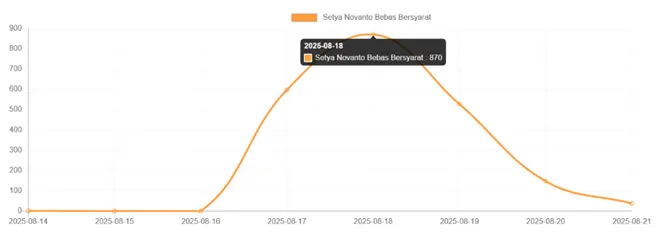
Between August 16–20, 2025, Newstensity, a big data–powered media monitoring tool, recorded 2,142 news items mentioning “Setya Novanto” and “bebas.” Coverage peaked on August 18 with 870 articles, then quickly declined, showing a short media cycle.
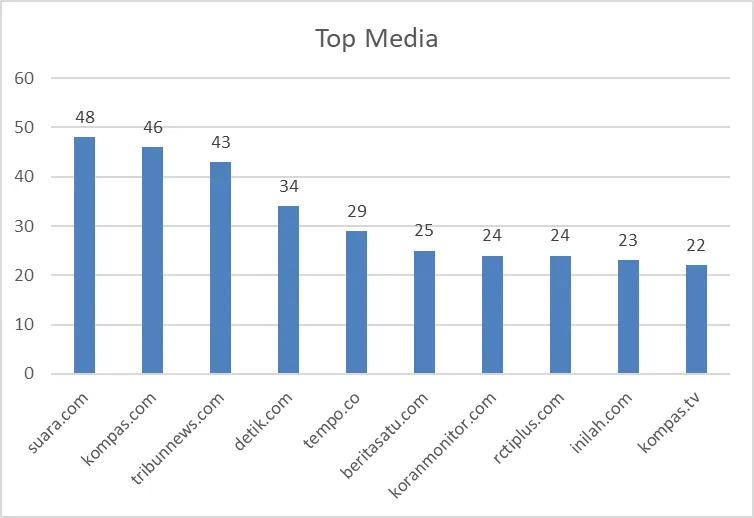
Online portals dominated coverage due to speed and reach.

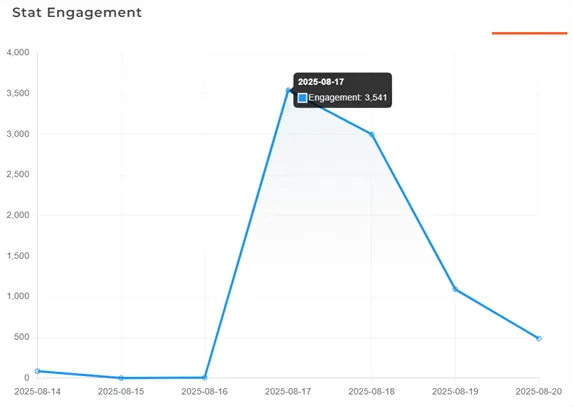
Engagement spiked on August 17 with 3,541 interactions, then quickly declined.
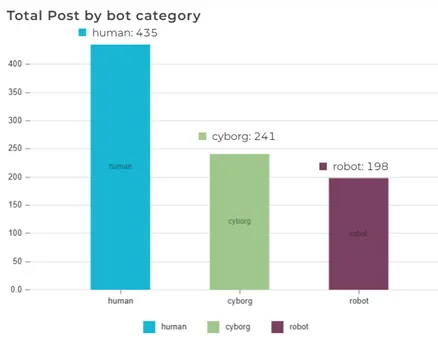
While most posts came from humans (435), cyborg (241) and bot (198) accounts contributed nearly half, showing strong automated amplification.
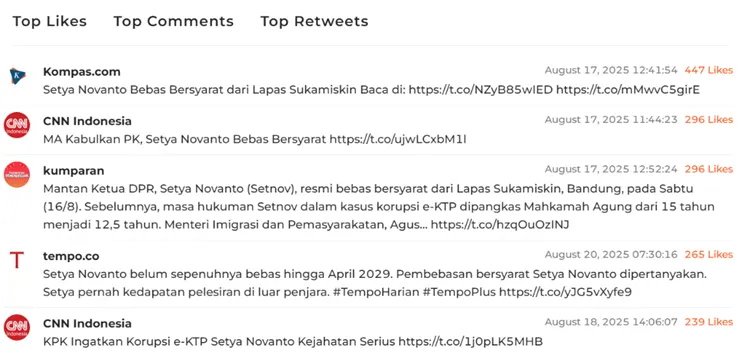
Top tweets came from Kompas.com (447 likes), CNN Indonesia and Kumparan (296 likes each), and Tempo (265 likes). This shows discourse was driven by media accounts, not influencers.
Setya Novanto’s parole reveals the dilemma of anti-corruption enforcement in Indonesia. Legally valid, but morally questionable, it risks weakening public trust and reducing deterrence. Unless regulations are tightened, leniency for corruptors will be seen as compromising justice—deepening skepticism about the government’s true commitment to eradicating corruption.
Writer: Indra Buwana (Jangkara), Ilustrator: Aan K. Riyadi
The government’s decision to appoint personnel from the Nutrition Fulfillment Service Unit (SPPG) as Government Employees with Work Agreements (PPPK),…
The evolution of marketing over the past few years has shown a major shift, especially as digital marketing becomes the…
Freedom of opinion and expression is a constitutional right protected by law. Today, the public’s channel for voicing disappointment toward…
In January 2026, the internet was shaken by the viral spread of a book titled “Broken Strings: Fragments of a…
The government has begun outlining the direction of the 2026 State Budget (APBN 2026) amid ongoing global economic uncertainty. Finance…
The Indonesian government, through the Ministry of Communication, Information, and Digital Affairs (Komdigi), has officially temporarily blocked the use of…
A few years ago, electric cars still felt like a far-off future. They were seen as expensive, futuristic in design,…
Hydrometeorological disasters hit three provinces in Sumatra—Aceh, North Sumatra, and West Sumatra. Tropical Cyclone Senyar, spinning in the Malacca Strait,…
The heavy rainfall in late November 2025 caused flash floods that submerged parts of Aceh, West Sumatra, and North Sumatra….
When we consider people’s decisions today—what to buy, what issues to trust, and which trends to follow—one thing often triggers…